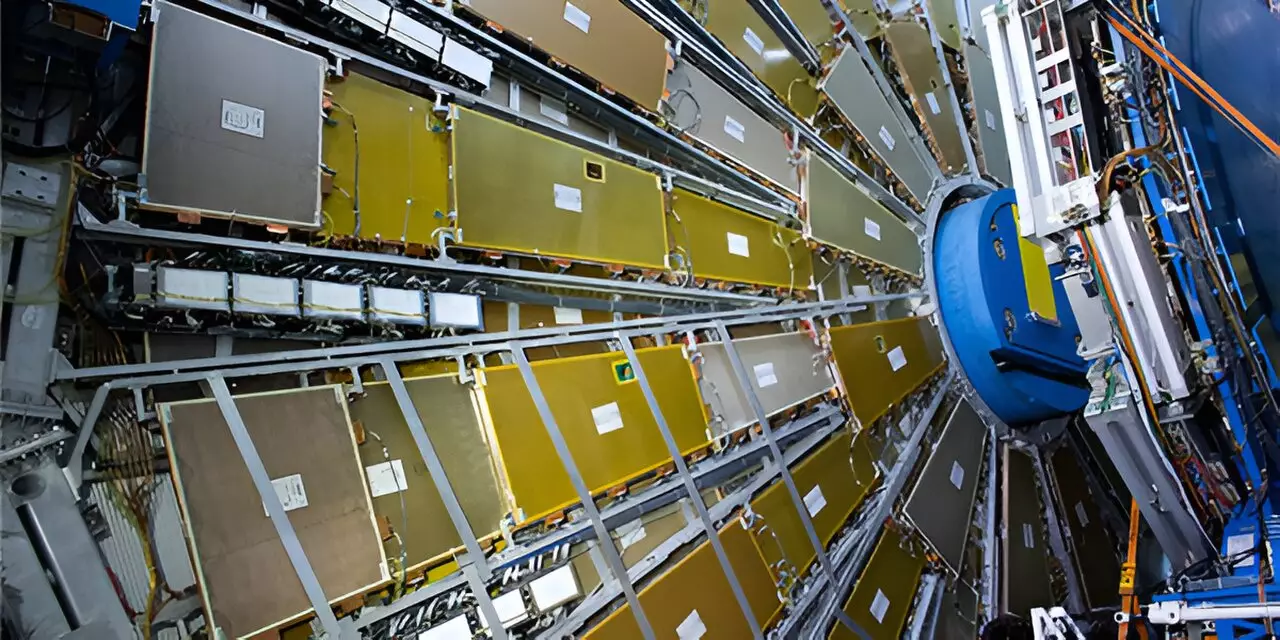In a groundbreaking study conducted by Professors Andreas Crivellin and Bruce Mellado, deviations in the way particles interact have been documented. These anomalies suggest the possible existence of new bosons in the realm of particle physics. This discovery challenges the current understanding of fundamental particles and forces in nature, opening doors to new discoveries and breakthroughs in the field.
Particle physics is the study of fundamental particles, such as protons, neutrons, and leptons, to unravel the mysteries of the universe. By examining how particles decay and interact, researchers aim to decipher the building blocks of matter and the fundamental forces that govern our world. Leptons, like electrons, play a crucial role in forming composite particles and are key subjects of study in particle physics.
The discovery of the Higgs boson at the Large Hadron Collider (LHC) in 2012 was a monumental achievement in particle physics. Predicted in 1964, the Higgs boson’s existence was confirmed through experimental evidence, leading to a Nobel Prize in Physics for Francois Englert and Peter Higgs. This discovery provided insights into how particles acquire mass and paved the way for further exploration of the unknown aspects of the universe.
Crivellin and Mellado’s research highlights anomalies in the decay of multi-lepton particles at the LHC, deviating from the predictions of the Standard Model of particle physics. These anomalies signify excesses in the production of particles, indicating the presence of new bosons that challenge the current understanding of particle interactions. Such deviations often precede major discoveries in particle physics, hinting at the presence of groundbreaking forces and particles waiting to be unveiled.
The discovery of new bosons could revolutionize the field of particle physics by addressing the gaps in the Standard Model and shedding light on previously unexplored phenomena. These new particles may provide explanations for the mysteries of the universe and offer insights into the fundamental forces at play. By investigating these anomalies, researchers hope to unravel the complexities of particle interactions and unlock new possibilities for scientific exploration.
The research conducted by Crivellin and Mellado builds upon the foundation laid by pioneers in particle physics, such as the late Professor Daniel Adams. Their dedication to advancing the field and honoring the memory of those who contributed significantly to particle physics reflects the spirit of exploration and discovery that drives scientific progress. Through their work, they seek to uncover the secrets of the universe and expand our understanding of the fundamental nature of reality.


Leave a Reply